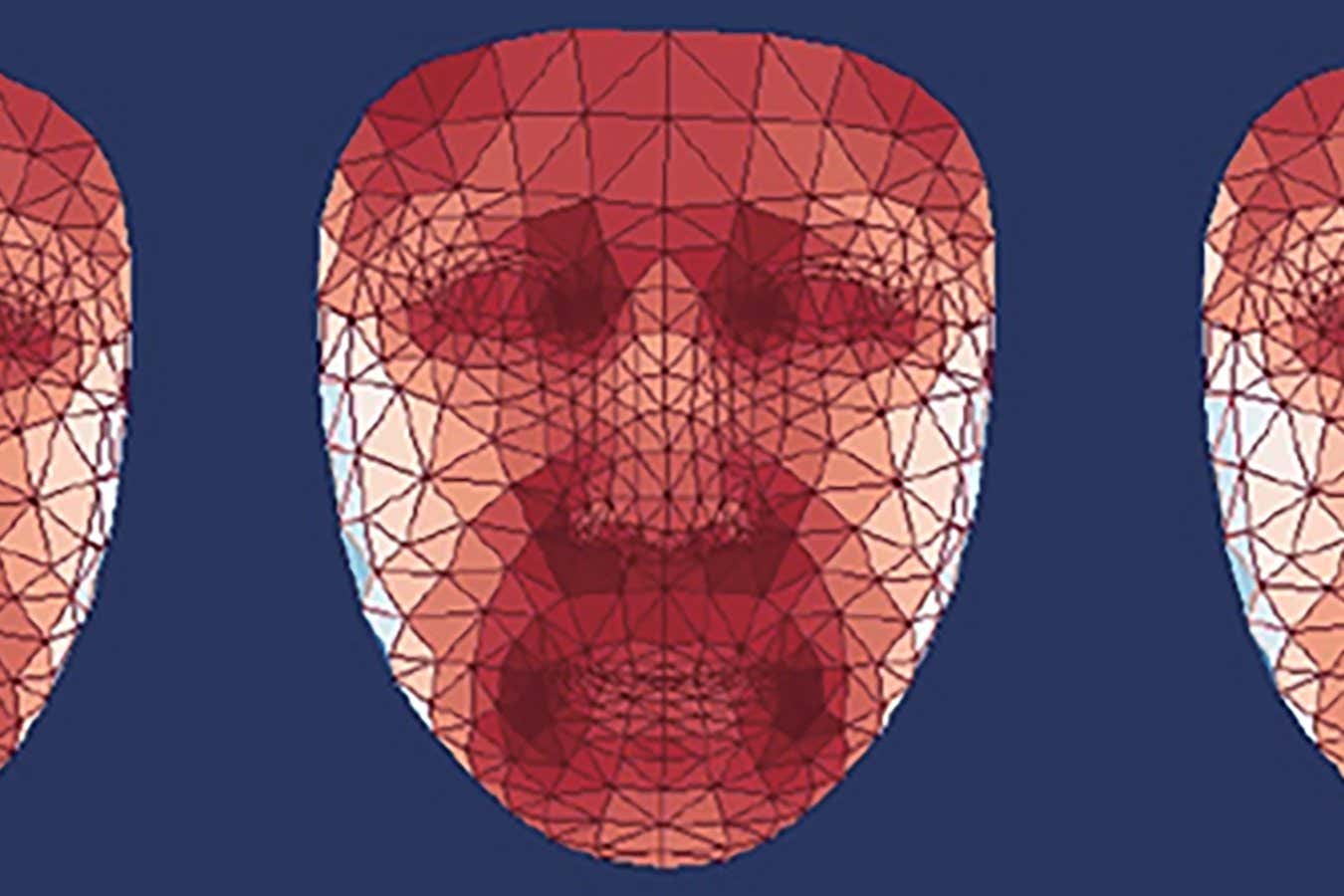Time: 2024-07-05
A recent study conducted in China has unveiled groundbreaking research that could potentially revolutionize health monitoring techniques . Scientists have discovered that analyzing the heat patterns on a person 's face could provide valuable insights into their metabolism , Liver disease , metabolic disorders , diabetes , and aging.

Researchers in China have developed an artificial intelligence program that can analyze facial temperature data to identify unique thermal patterns associated with aging and various health conditions . By examining the heat emitted from a person 's nose , cheeks , and eye area , the AI can determine an individual 's ' biological clock ' and assess their risk of developing certain diseases.
The study , which involved 2,811 Chinese participants ranging from 21 to 88 years old , revealed that specific changes in facial temperature could be indicative of metabolic disorders like fatty liver disease and diabetes . Individuals with warmer noses and cooler areas around the eyes were found to have a slower facial thermal clock , while those with certain health conditions exhibited distinct thermal patterns.
The implications of this research are vast , offering a non - invasive and efficient method for monitoring an individual 's health status . By simply analyzing facial thermal patterns , healthcare professionals may be able to detect metabolic disorders and other health issues early on , enabling timely intervention and treatment.
Further investigations into the relationship between facial temperature changes and cellular activity have revealed promising findings . Increased temperatures around the eyes and cheeks were associated with inflammation , providing valuable insights into the physiological processes linked to aging and disease progression.
The study also demonstrated the positive impact of lifestyle factors on thermal age , with exercise and dietary habits influencing facial thermal patterns . By incorporating thermal facial imaging into clinical settings , researchers aim to enhance disease diagnosis and promote healthy aging practices . The potential applications of this technology extend beyond traditional health monitoring methods , offering a new frontier in personalized healthcare.